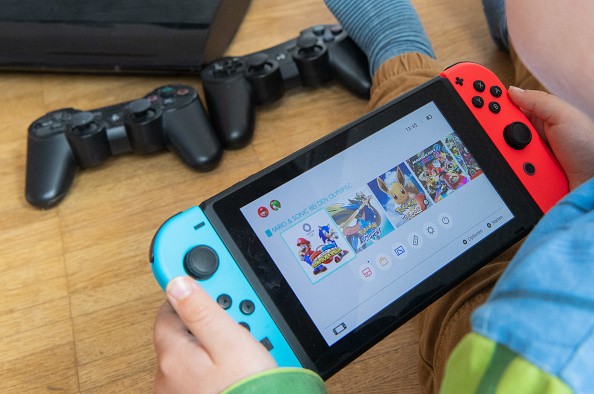
Over the past several years, Nintendo has been repeatedly in hot water over various issues regarding its hardware controller, coined the joy-con. The Nintendo Switch debuted initially in early 2017, after which myriad concerns arose over the device's dual joy-con setup. Users were faced with what has been termed joy-con drift when the controller unintentionally leans towards the wrong direction, a problem that isn't solely Nintendo's but has been its largest proponent.
It has become so much of a Nintendo problem that many were claiming the Japanese gaming giant was under-engineering the product on purpose. Before 2019, when Nintendo altered its policy, those afflicted by joy-con drift would either have to pay for the repairs or buy a new set entirely, which cost around $40-$50 depending on the supplier. No matter the case, Nintendo seemingly always ended up making money.
Following the backlash, the company amended its refurbishing parameters and allowed those who experience joy-con drift to send their controllers in for free mending. The concept still stands today, even if you're over warranty, but that hasn't stopped a plethora of individuals from targeting Nintendo with hefty lawsuits primarily on the handling of its joy-cons. The company was even moved to release an apology that, for the most part, was met with little fanfare.
Related Article: Nintendo Switch is the Top Selling Console for Feb, Beats Valve Steam Deck, PS5, and Xbox
Even Nintendo's own in-house joy-con engineers agree that drift will never be fixed, telling The Verge in an Oct. 2021 dated article that "It's something we are continuously tackling." The same could be said of Nintendo's legal division, which has consistently stamped out repeated lawsuits targeting the company on the grounds of deceptive business practices with the defense that joy-con drift "isn't a real problem."
Most, if not all, of these class-action lawsuits have been sent into arbitration, which essentially leaves the resolution up to an outside party away from official court proceedings. Case in point is Sanchez et. al. v. Nintendo of America, wherein two mothers who purchased Nintendo Switch consoles for their children are faced with arbitration over the company's End User License Agreement.
In the EULA, a digitally signed agreement that users of a Nintendo Switch must adhere to before utilizing the device, stipulations specifically on class-action lawsuits are waived after being digitally signed, which sent the case into arbitration. The issue arises that the EULA agreement specifically states that only people over the age of 18 can accept the terms, meaning the children shouldn't be bound to it. Thus the Sanchez case must proceed on their behalf, so posit the two mothers involved.
Nintendo sees otherwise. The company is claiming that since the children weren't the ones who purchased the console, they "allege no cognizable harm to themselves." The Sanchez case, which specifically claims Nintendo is at fault for personal property fraud, will be presided over by a federal judge in California on Mar. 31, with a verdict hopefully leaning pro-consumer.
ⓒ 2026 TECHTIMES.com All rights reserved. Do not reproduce without permission.




